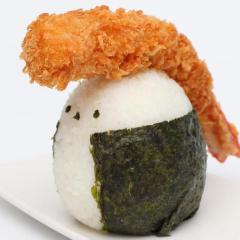-
Welcome to the eG Forums, a service of the eGullet Society for Culinary Arts & Letters. The Society is a 501(c)3 not-for-profit organization dedicated to the advancement of the culinary arts. These advertising-free forums are provided free of charge through donations from Society members. Anyone may read the forums, but to post you must create a free account.
Syrup making
-
Similar Content
-
- 0 replies
- 247 views
-
- 62 replies
- 13,227 views
-
- 15 replies
- 11,559 views
-
- 926 replies
- 218,809 views
-
- 171 replies
- 67,133 views
-
-
Recently Browsing 0 members
- No registered users viewing this page.





Recommended Posts